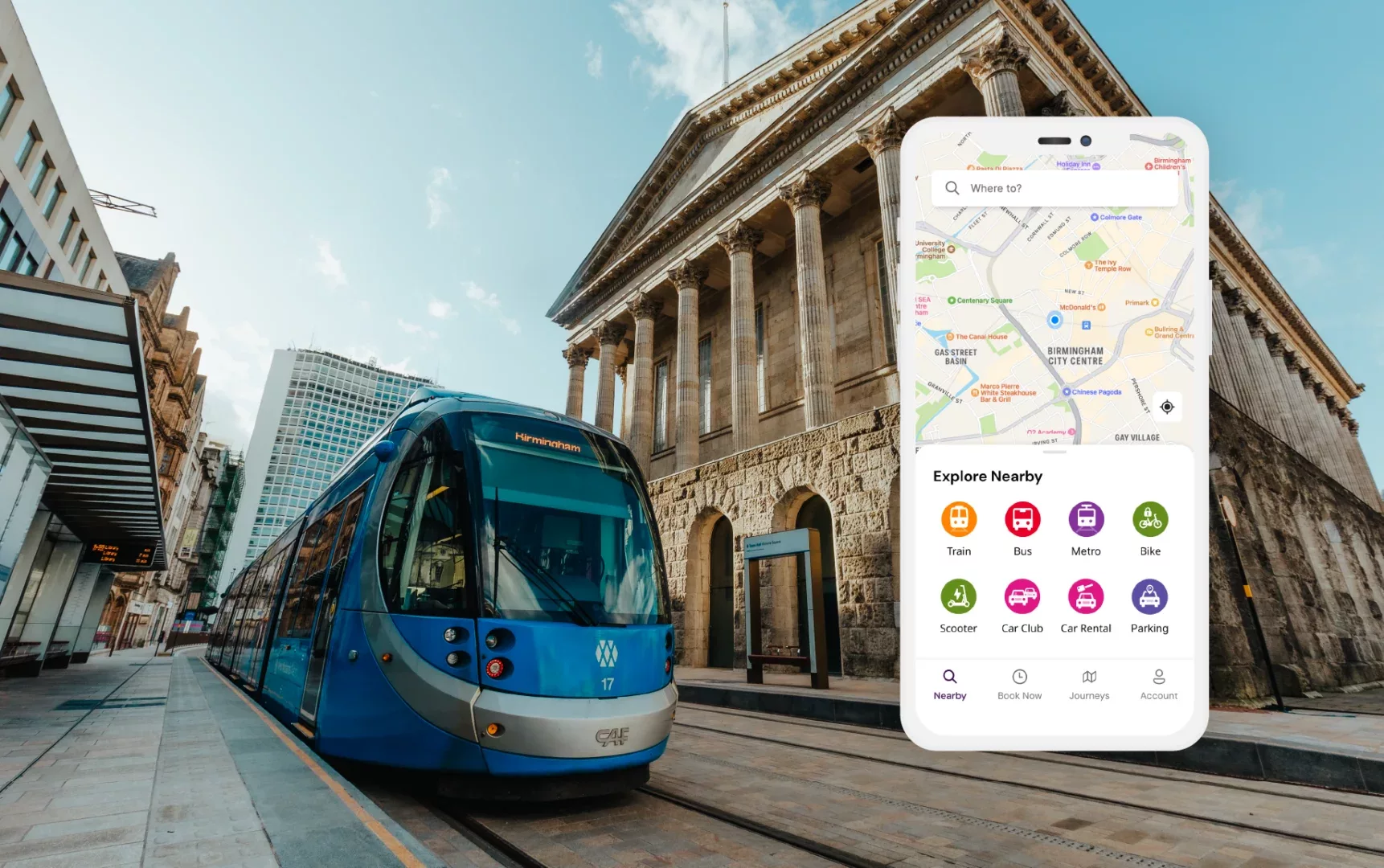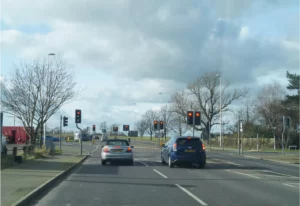The Department for Transport has published guidance on Mobility as a Service ” to make the planning and payment of trips easier for people and businesses.”
It says a MaaS platforms integrate and analyse data from multiple modes of transport, such as rail, bus, taxi and cycle hire, to offer choice in journey planning to consumers. This requires, for example, the ability for MaaS platform providers to access service timetabling data, along with the ability to purchase tickets digitally. Some existing digital products are also developing incrementally to incorporate MaaS elements.
The Department for Transport points to established MaaS schemes n several cities worldwide including the Jelbi mobility app in Berlin and the Whim app in Helsinki.
It says that, through better access to quality information to aid journey planning, MaaS has the potential to improve the user’s experience of the transport network, while also enabling more active and sustainable ways to travel. MaaS platforms can make journeys more convenient through streamlining planning and payment and allowing people to tailor journeys to their specific needs, which could encourage the use of sustainable modes of transport and empower more people to travel. “By enabling multimodal journeys and integrating ticketing and payment, MaaS can also offer more cost-efficient journeys to users. The benefits of MaaS are expanded on in Government ambition for MaaS.”
The guidance is available here.
Reacting, Max Sugarman, Chief Executive of Intelligent Transport Systems UK, said: “It is positive to see today the publication of Government’s Code of Practice for Mobility as a Service, setting out guidance for transport authorities, operators and businesses on how to best implement MaaS across the UK. The Code provides valuable guidelines in areas like open data, accessibility and commerciality, all of which will support MaaS providers going forward.
“MaaS – bringing together various modes of transport, with key information and payment via one combined service – can be a game-changer in supporting greater use of shared and public transport and encouraging the public to take low carbon forms of transport. As the £90 million Future Transport Zones and the Scottish MaaS Investment Fund show, the implementation of MaaS is already having real benefits across the UK, but there is far more that could be done in rolling out further applications.
“Alongside this Code of Practice, we urge the Government to continue its support for MaaS schemes, particularly through the continued backing of the Future Transport Zones post-2024/25, and explore other regions across the UK where MaaS could be rolled out. With Government’s assistance, the UK can support a more integrated, end-to-end transport system, speed up the decarbonisation and digitalisation of the transport network and deliver economic growth, investment and jobs in a growing intelligent transport sector.”
(Picture – TfWM)





















